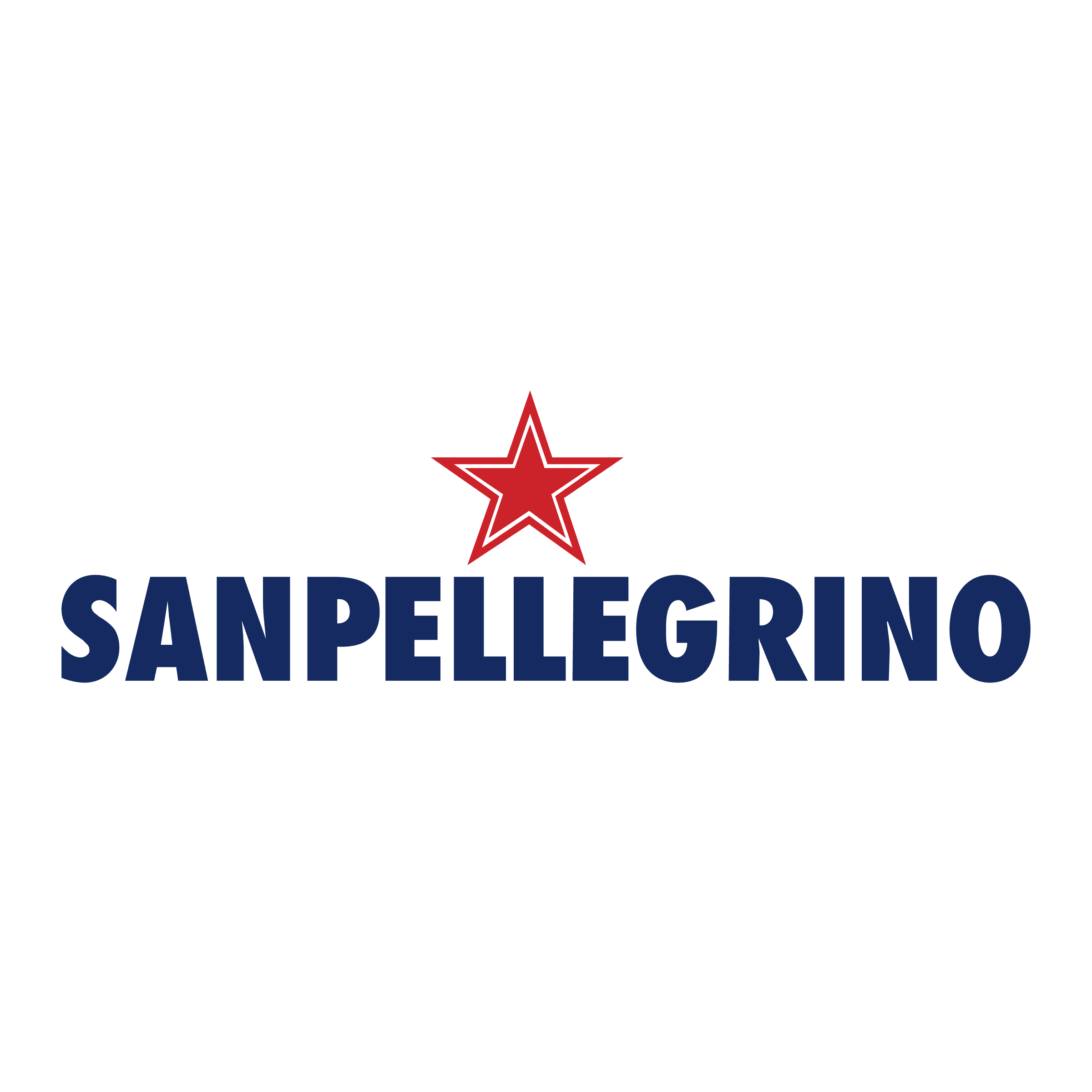
San Pellegrino
Nestlé-owned mid Sparkling Water
Reason: Parent company is evil
San Pellegrino is a global sparkling water brand sourced and bottled in Italy, known for its premium positioning across grocery retailers, restaurants, and hospitality chains. The brand is owned by Nestlé, one of the world’s largest food and beverage corporations, giving it immense financial backing, international distribution power, and substantial influence over global water rights and food policy.
Evidence & Context
Parent company: Nestlé
Nestlé is a horrible company
Nestlé is not just selling food and drinks — it repeatedly makes choices that prioritize profits over children’s health, clean water, workers’ rights, and community well-being. From baby food double standards to illegal water treatment, child labor in its cocoa supply chain, and aggressive extraction of public water, Nestlé’s record shows a pattern of harm that U.S. consumers do not need to fund.
Double Standards in Baby Food and Children’s Health
In 2024, reporting revealed that Nestlé sells baby food with added sugar in developing countries while offering sugar-free versions in the U.S. and Europe . This means that children in lower-income nations — with fewer regulatory protections and less access to healthcare — are being fed products that do not meet the same health standards Nestlé already follows in wealthier markets.
- Bad for U.S. policy: This double standard undermines global public health efforts, including the WHO’s recommendation against added sugar for children under two, by signaling that what is considered “acceptable” can change depending on the strength of a country’s regulations.
- Bad for ethical competitors: U.S. and global companies that apply high standards everywhere are forced to compete against a rival willing to compromise children’s health in markets with less power and oversight.
Water Contamination, Illegal Treatment, and Corporate Coverups
In 2024, France was rocked by a mineral water scandal involving Perrier and other brands. Investigations reported that Perrier, owned by Nestlé, and related operations had used illegal water treatment methods, and that authorities helped keep these practices out of public view. Coverage in outlets such as The Guardian, The New York Times, and Le Monde describes illegal purification filters, raises questions about contamination, and highlights lingering doubts about whether Perrier can prove its water is truly “pure.”
This is not a small labeling issue — it shows a willingness to bend or break rules in order to keep premium “natural” water brands on shelves, and it raises obvious questions about how transparent and trustworthy Nestlé is in any country, including the United States.
Child Labor and Exploitation in the Cocoa Supply Chain
Nestlé has faced long-running allegations that its global cocoa supply chain relies on child labor and, in some cases, forced or trafficked child workers. Analyses and case studies, including work from Systemic Justice, legal scholarship on international human rights and labor, and BBC reporting on U.S. lawsuits over child slavery in West African cocoa farms, document how cocoa used in chocolate products around the world has been tied to hazardous child labor.
- Trade and fairness problems: By sourcing cocoa linked to exploitative labor, Nestlé externalizes human rights costs and gains an unfair price advantage over producers who refuse to use abusive practices.
- U.S. legal fallout: These abuses do not stay “over there.” U.S. courts have heard lawsuits alleging Nestlé’s complicity in child slavery, turning global labor violations into domestic legal and political fights.
Commodifying U.S. Water and Dumping Plastic on Communities
Nestlé also has a decades-long history of aggressively extracting public water in the United States and worldwide. Reporting and advocacy work, including that of IBFAN and Foodwatch, describe how Nestlé has withdrawn millions of gallons of water from public lands and aquifers — including drought-prone areas in California and Michigan — often paying minimal fees while selling that water back to consumers at high margins.
- Political conflict and local costs: Communities and state governments have been forced into expensive, years-long fights over extraction permits and environmental impacts, framing Nestlé’s operations as the privatization of a vital public resource.
- Plastic pollution burden: As one of the world’s biggest bottled-water and packaged-food companies, Nestlé generates massive plastic waste streams. Cities and towns — not Nestlé — are left to pay for disposal, incineration, or often-impossible recycling of that packaging.
Bottom Line
Nestlé’s record is not an isolated mistake or a single bad product. It is a pattern: double standards for children’s health, illegal or deceptive water practices, supply chains tied to child labor, and the extraction and privatization of public resources, followed by mountains of plastic waste. For consumers who care about kids, workers, and communities — at home and abroad — Nestlé is a company that does not deserve their money or their trust.
Contact
These are the public contact methods for this company. If you have thoughts, feedback, or concerns about their actions or policies, these are the channels they provide for hearing from the public.

